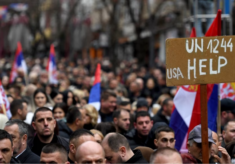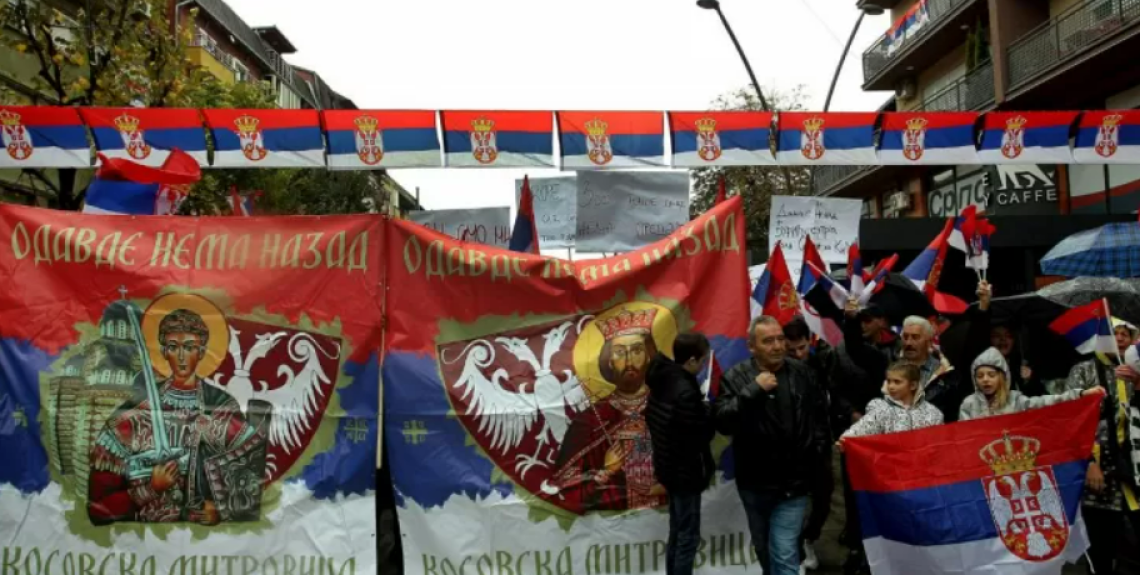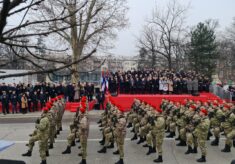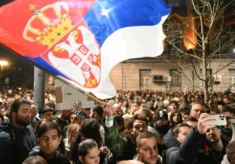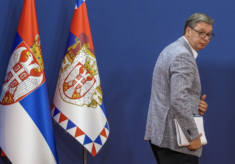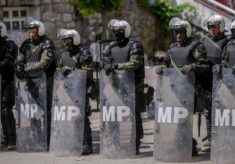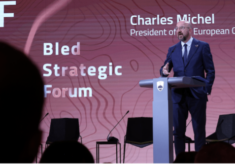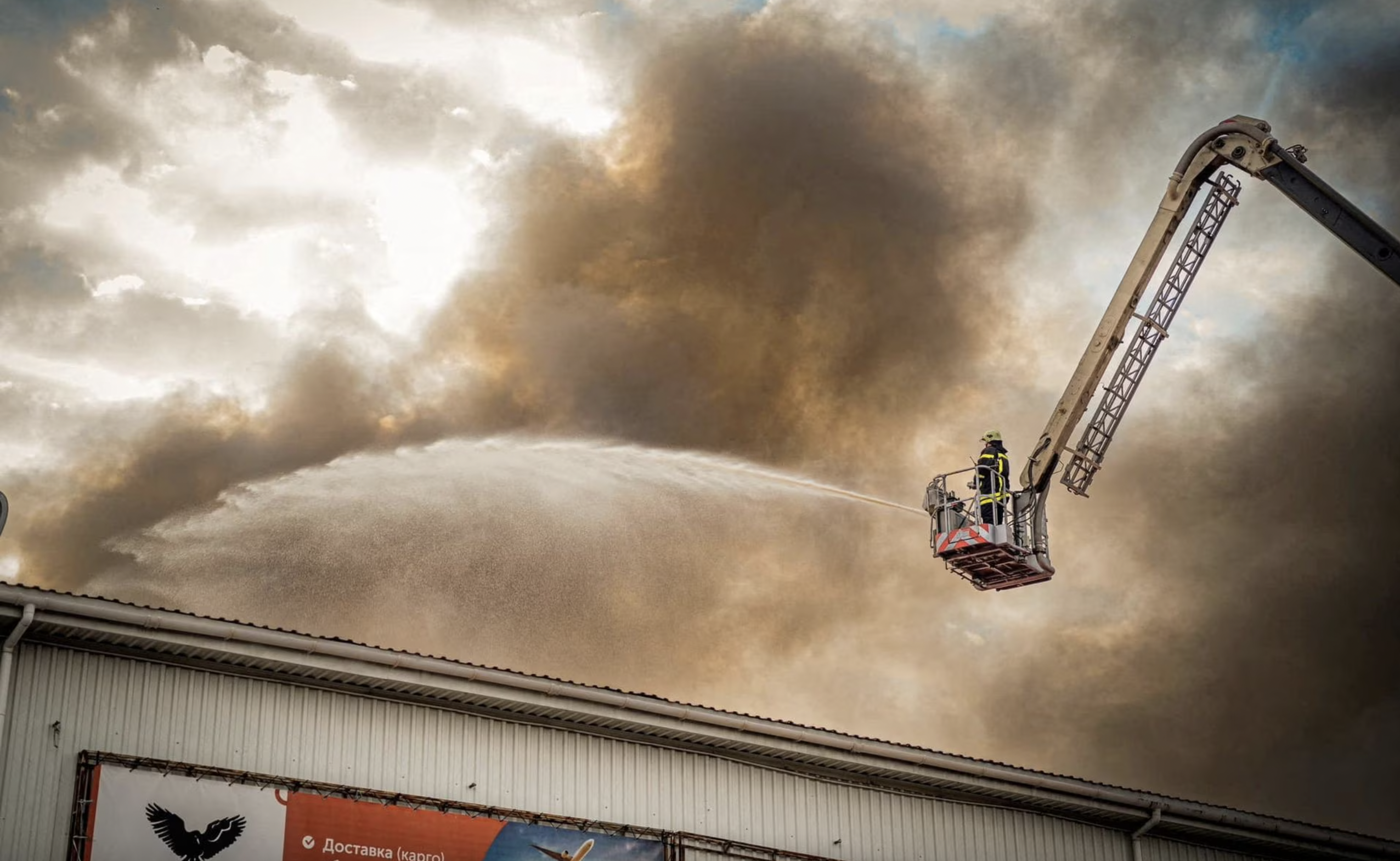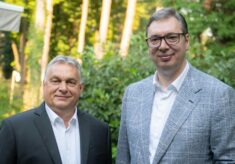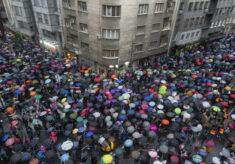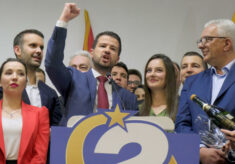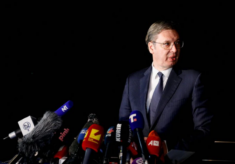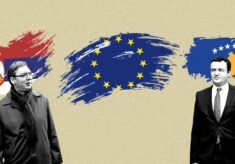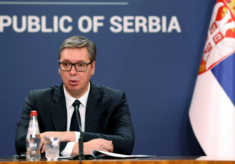Tensions between Serbia and Kosovo rose again in December, with another crisis erupting in the north of Kosovo, inhabited primarily by Serbs. The new crisis confirmed that the unsolved Kosovo issue can potentially lead to a full destabilization of the region or, in extreme scenarios, to an armed conflict.
The crisis erupted just days after the international community managed to defuse another row over Serbian licence plates. The new escalation was triggered by several factors, including the decision of the Kosovar authorities to schedule local elections in the north on the 18th of December, in order to replace the Serbian majors who had resigned in protest during the car plate crisis. Serbs responded by declaring a boycott of the election. The move, on the other side, sparked new tensions, including attacks on some electoral commission offices in Serbian-populated areas, as well as police and EU law enforcement (EULEX) patrols in Kosovo. Meanwhile, hundreds of Kosovo police officers were sent to north, which Serbs routinely sees as a provocation.
Following pressure from its main international allies, including the United States, the Kosovo institutions finally decided to postpone the election. However, the arrest by Kosovar authorities of an ex-police officer of Serbian ethnicity, accused of being involved in terrorist activities, infuriated Serbs in Kosovo and the government in Belgrade. Serbs in the north quickly set up roadblocks on major roads, paralysing traffic and forcing the closure of two major border crossings with Serbia.
Exacerbating the situation, Serbia asked the NATO peacekeeping mission in Kosovo (KFOR) to allow the return of up to 1.000 Serbian military and police personnel to its breakaway province, a scenario theoretically possible under UN Resolution 1244 (1999). The resolution, voted at the end of the 1999 conflict, foresaw the “return of an agreed number of Yugoslav and Serbian personnel”, but only for liaising with the international civilian and military mission in Kosovo.
Kosovo declared independence from Serbia in 2008. Serbia still denies Kosovo’s independence, and the Serb majority in northern Kosovo questions Pristina’s authority.
Kosovo President Vjosa Osmani called Serbia’s request a “hegemonic idea,” noting that her Serbian counterpart Vucic “knows very well that the presence of the Serbian army in Kosovo ended in 1999.” The Serbian leader, on the other hand, justified the demand by saying that a Serbian military presence in Kosovo would be “important for the protection of the Serb population”, despite the fact that the minority has been effectively protected by the KFOR for almost two decades.
While the international community is watching the ongoing crisis with increasing concern, Serbia and Kosovo appear to be even further apart, with no willingness to negotiate a de-escalation and to continue discussions on an agreement for the normalisation of their bilateral relationship. And, with both communities’ nerves exposed, the risk of a serious escalation is growing.
